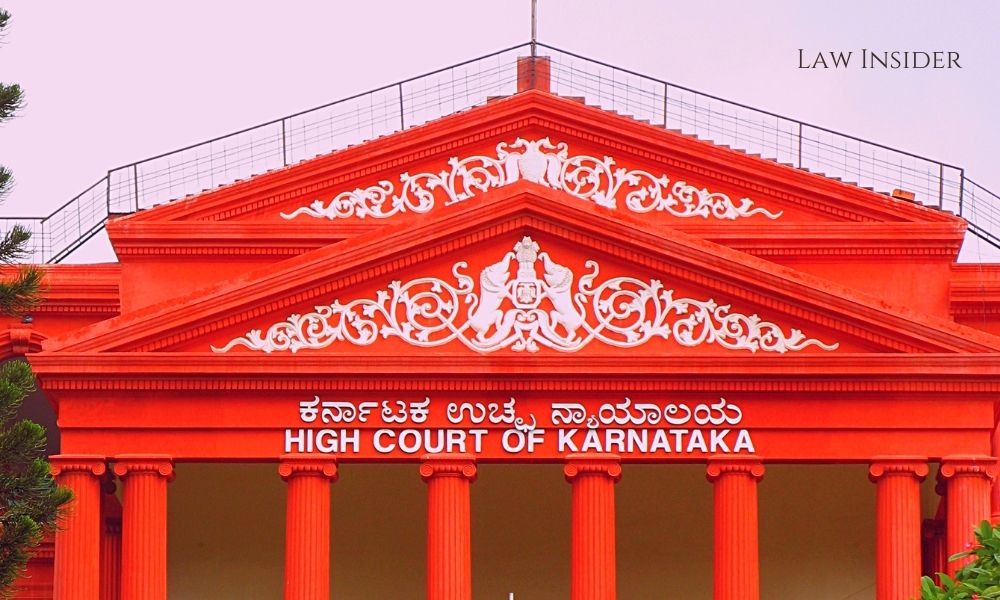LI Network
Published on: 25 August 2023 at 14:30 IST
The Karnataka High Court has dismissed a plea put forth by an accused individual requesting the physical presence of the Principal Civil Judge and JMFC, Vijayapura (now posted in Bengaluru), for the purpose of cross-examination in a criminal case.
The court upheld the practice of recording evidence through video conferencing as permissible, citing the proviso to Section 275(1) of the Code of Criminal Procedure (CrPC), amended in 2008.
The decision was rendered by a single judge bench led by Justice Venkatesh Naik T. at Kalaburagi. The court also acknowledged that the trial court had declined to summon the judicial officer for in-person cross-examination due to her work commitments in Bangalore.
The court noted, “Therefore, the trial Court in order to save the Court time as well as PW5 (Judicial Officer), adopted a new scientific method, to mitigate the workload of Courts. Further, if PW5 is cross-examined through virtual mode, it does not affect the rights of the accused.”
The case involves allegations that on June 27, 2017, the accused entered the chamber of the Principal Civil Judge and JMFC, Vijayapura, engaged in a dispute, abused her, and threatened her while she was discharging her public duty. Following a complaint by the State, the police registered a case against the accused and submitted a charge sheet based on offenses under sections 353, 448, 504, and 506 of the Indian Penal Code. During the course of the trial, five witnesses were examined.
The accused filed an application to recall PW5 (Judicial Officer) for cross-examination. The trial court partially allowed the application, permitting her to be recalled for cross-examination through video conferencing.
The petitioner contended that in order to effectively present any gaps during cross-examination, the physical presence of PW5 in the courtroom was necessary.
Justice Naik referred to the proviso to Section 275(1) of CrPC, which allows the evidence of a witness to be recorded through audio-video electronic means in the presence of the accused’s advocate.
The court also considered the rules of video conferencing for courts set by the High Court, stating, “In view of the procedures laid down in the aforesaid rules and in the facts and circumstances of the present case, recording of evidence of PW5 through video conferencing is permissible, in view of the proviso to Sub-Section (1) to Section 275 of Cr.P.C., (Amendment) Act, 2008.”

